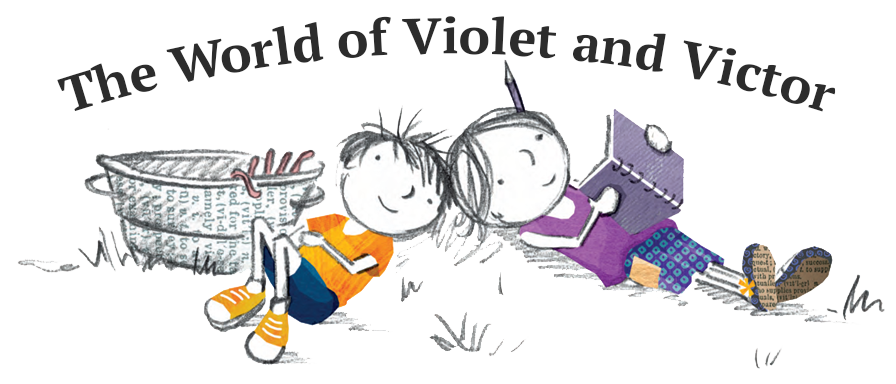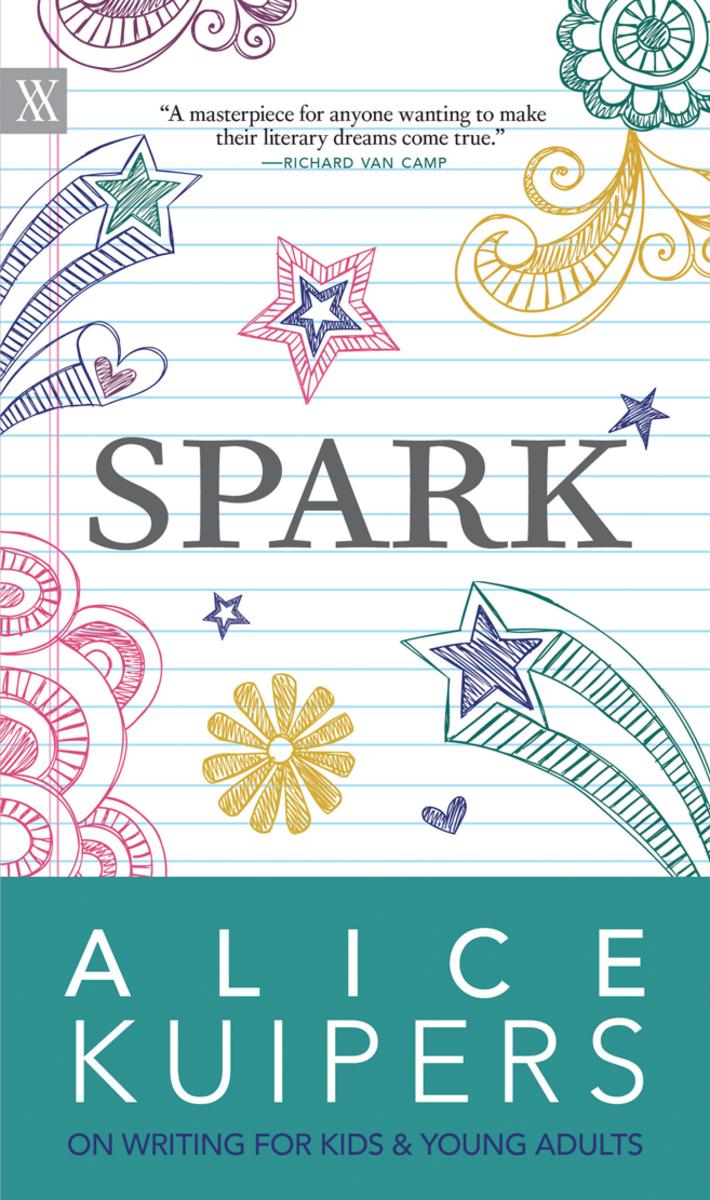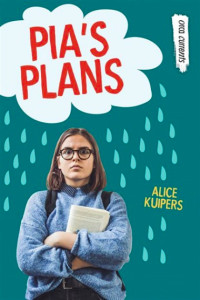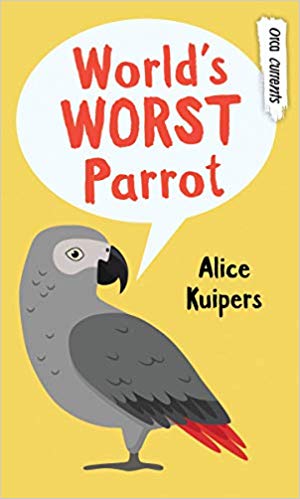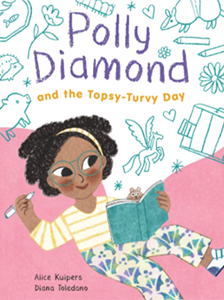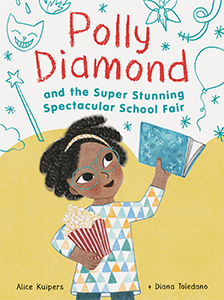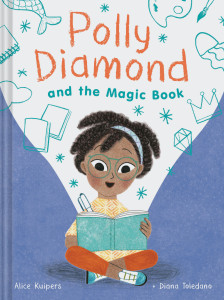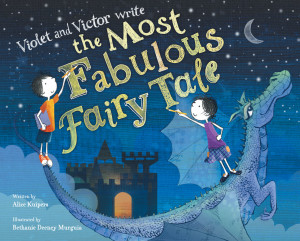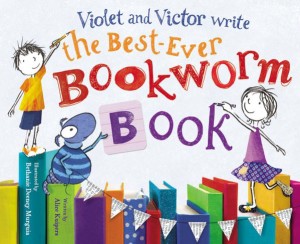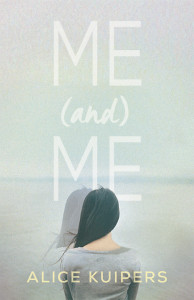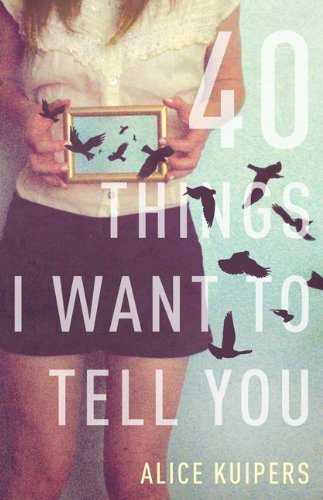10 STEPS TO GETTING PUBLISHED
Everyone who writes and who hasn’t been published yet asks me how to get published. The first thing I always say is that it isn’t easy and part of it is pure luck. The rest is hard work and lots of rejection. So much rejection that they might pass out under the weight of all those rejection slips. If they look like they’re still listening and they don’t want to give up, this is what I tell them.
1- Unless you’re writing non-fiction FINISH what you’re writing before you start thinking about publishing it. Sometimes the voice in your head that thinks about being a best selling novelist or that imagines someone else reading your work can GET IN THE WAY OF WRITING THE WORDS ON THE PAGE. So, get the words on the page.
2- When you’ve got something down you’re happy with, read it one more time. Check for mistakes, parts that seem clunky, bits that don’t ring true all need to be cut out and cleaned up. Sometimes emerging writers wonder if that should be the editors job – in my experience, the editor wants to edit you after you’ve made the work as good as it can be. Make it as good as it can be. My agent suggested once that I read everything out loud. It makes me sound bonkers if anyone else is in the house, but it works.
3- Decide if you want to look for an agent or go straight to a publisher. Good agents will work hard for you, reading all the boring contract stuff, making the best deal and finding your book a good home. Some publishers only read work that is submitted by agents. BUT agents do take a commission (I think they’re more than worth it) and some writers don’t need all the help an agent provides. Those writers know already how to read contracts etc…
(NB: if you’re sending out a short story to magazines, you won’t need an agent. Send the story straight to the magazine).
4- Select the agency or the publisher by having a look at books that are similar to the book you’ve written and seeing who the writer thanks – often they thank their agent and the publisher has their logo on the book too. Or look online under LITERARY AGENTS or PUBLISHERS. See which writers are on the list on the agent/publisher websites to make sure they’re reputable. Here’s an example of a good one.
5- Read the submission guidelines for the agency or the publisher really carefully. REALLY CAREFULLY. Did I mention that you need to read those guidelines CAREFULLY? They should have guidelines on their website. Follow the guidelines to the letter. Here’s an example of an agency’s submission guidelines.
6- If they ask for three chapters, send the first three chapters.
7- When you write your synopsis, try and keep it to two pages. Tell the story. It’s tricky to get this right, but well worth doing as best you can. Remember this is what the editor will first see of your work so make it PERFECT.
8- Make sure your cover letter is clear and simple. Here’s a sample letter:
Dear Editor (find out their name),
My name is YOUR NAME and I’m an emerging writer. Please find enclosed the first three chapters of my novel TITLE. It’s about SHORT TWO LINES SUMMING UP THE STORY.
IF you’ve had work published before, note it next. IF a writer has read your work and said something positive, note it here. OTHERWISE don’t say anything else.
Thank you for reading my work.
Yours sincerely,
YOUR NAME
That’s how I’d write a cover letter. Simple.
9- Give yourself a pat on the back. Most people who want to write a book never do. Most people never finish a book. And most people NEVER get up the guts to show it to the world. You’ve done really well.
10- Start writing something else. If you get a rejection letter, and you might as LOTS of writers do, having a new project will remind you that you’re writing because you LOVE writing.
(Last thing, if you get a rejection letter, look over the work once again and then start the whole process from the beginning. Keep trying and remember that JK Rowling had Harry Potter turned down MANY MANY times…) Don’t lose faith.
Good luck!

